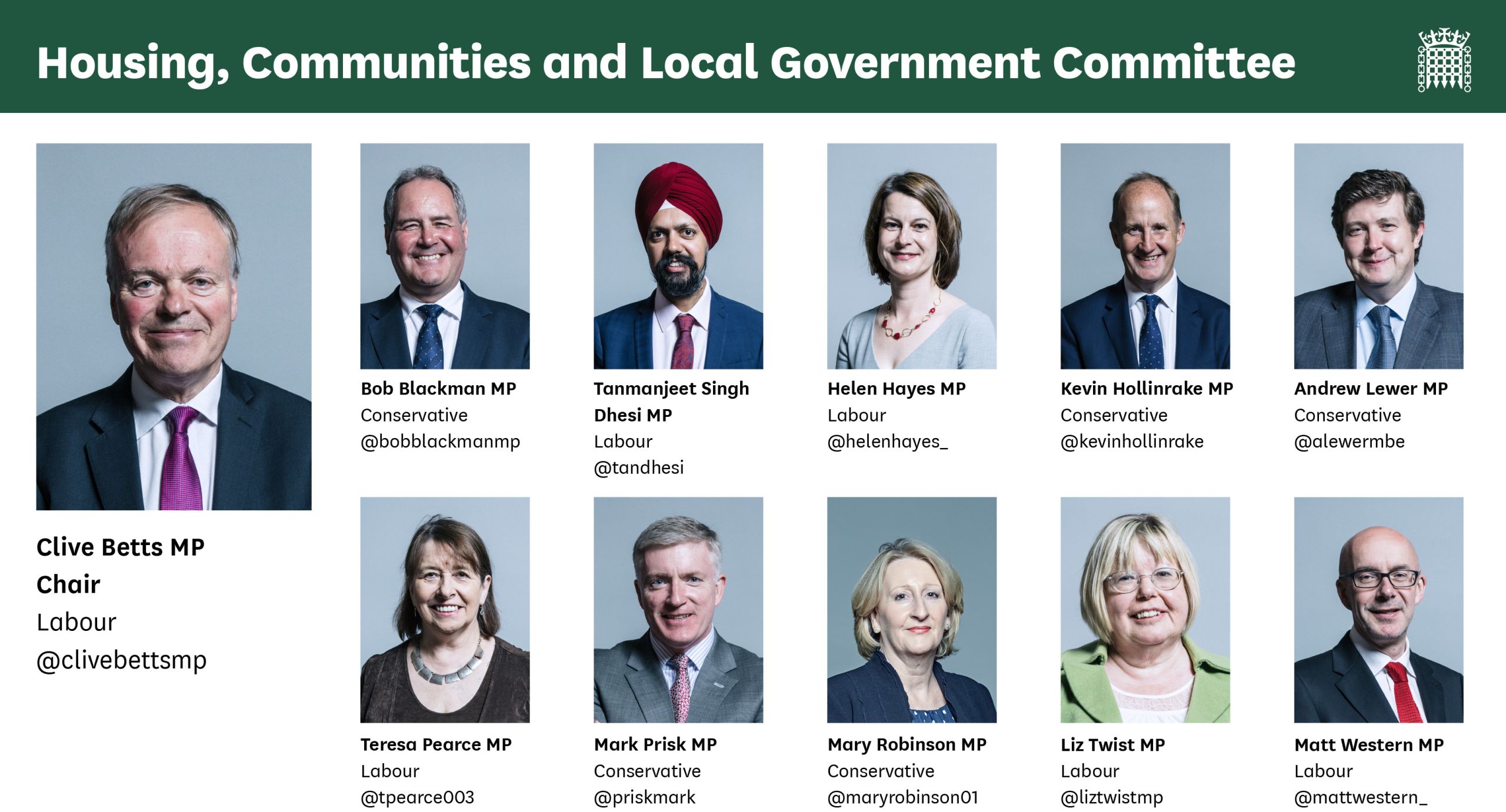Where will the high street be in 2030?
By MPs on the Housing, Communities and Local Government Select Committee
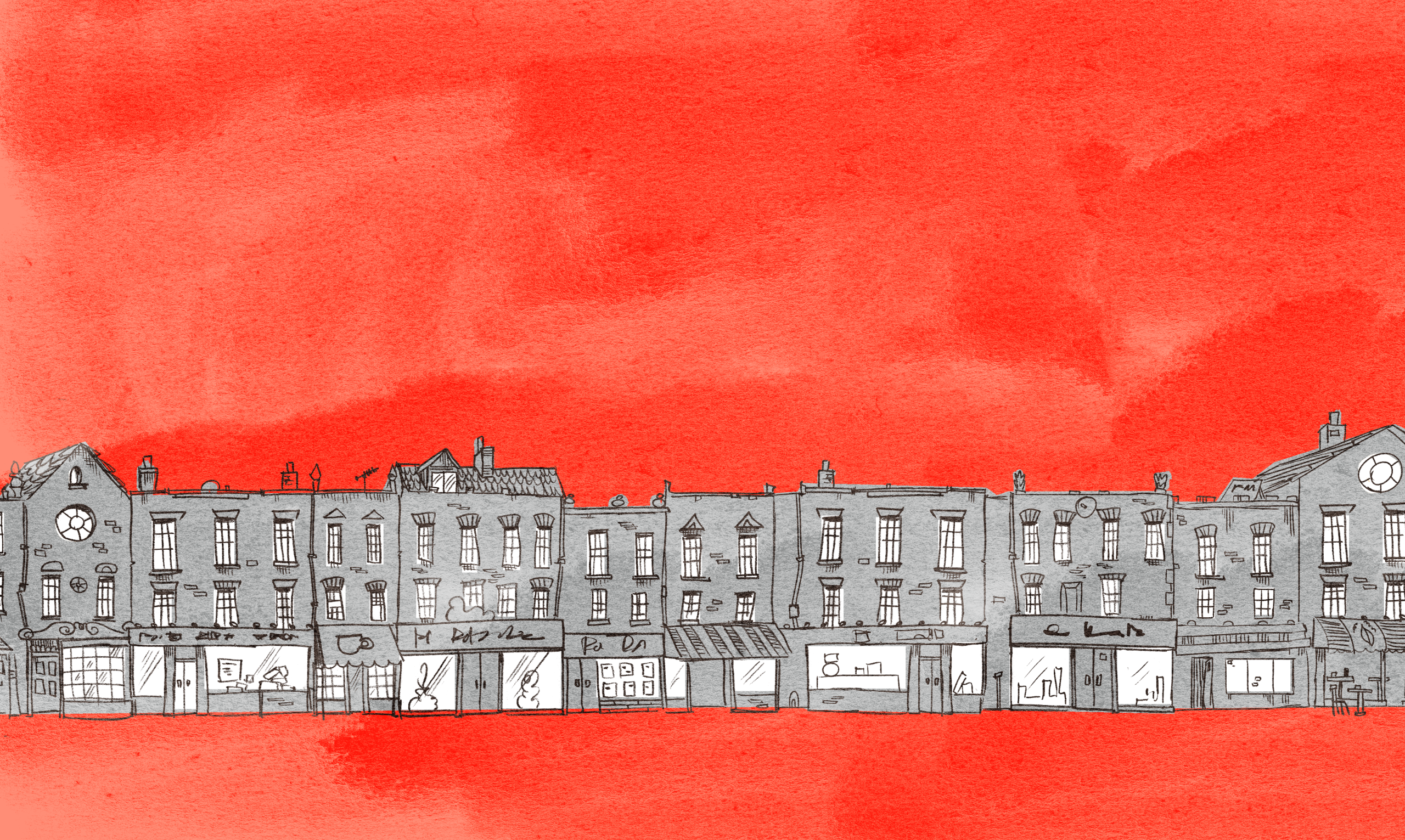
High streets and town centres at the heart of the community in 2030
We, MPs on the Housing, Communities and Local Government Committee, have investigated the challenges facing the high street today and what the high street might look like in 2030.
We were told that high streets and town centres needed to become “the intersection of human life and activity” particularly when, “in an internet age when there is going to be less and less face-to-face communication and humans want places to meet".
We also heard that activities and community interaction will need a central place in which to happen: “public spaces for gathering and socialising, and parks and green spaces for recreation and well being”.
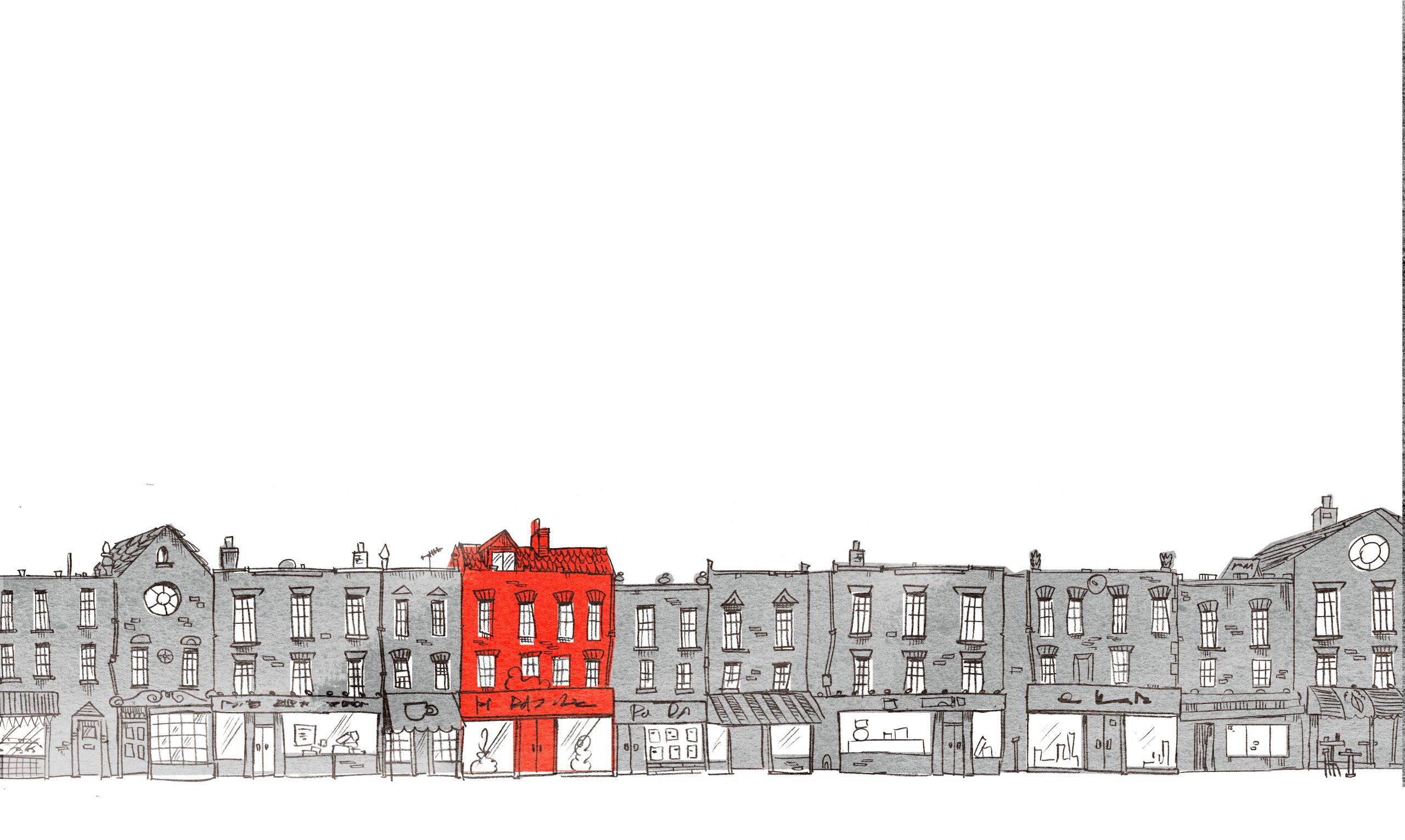
'A space where communities can mix freely. Especially more vulnerable or isolated groups; the elderly, young people and recent immigrants'
The high street is in decline
The way we shop in the UK has changed.
We shop online at an increasing rate and participate in 'showroom shopping' where we view items in shops and then buy online at a more convenient time.
Since 2006 online sales have been growing each year, reaching 20% of total retail sales in December 2018 and 21.5% around Black Friday. British consumers spend more online than any other European country.
1 in 10 high street shops were vacant between January and June 2018
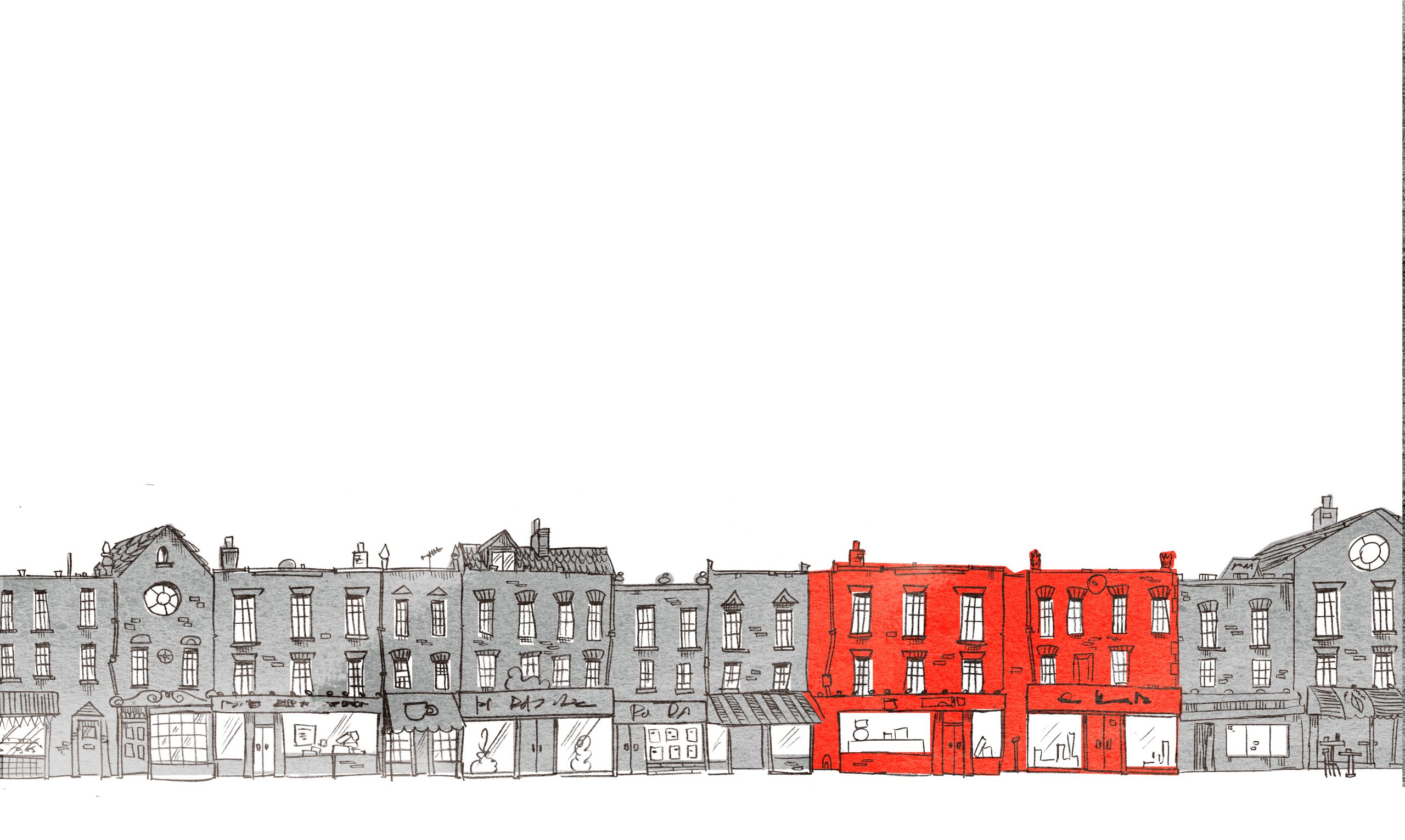
According to Tony Ginty, Head of Public Affairs at Marks and Spencer, online shopping is a “major structural transformation” in retail and “by far the biggest” challenge faced by the sector.
This is having a huge impact on the high street.
In the past 6 months barely a week has gone by without headlines declaring the 'death of the high street' or a major retailer announcing a restructuring or a fall in profits. 70,000 jobs were lost in the retail sector in 2018.
For the first 9 months of 2018, footfall on the high street was down by 8%
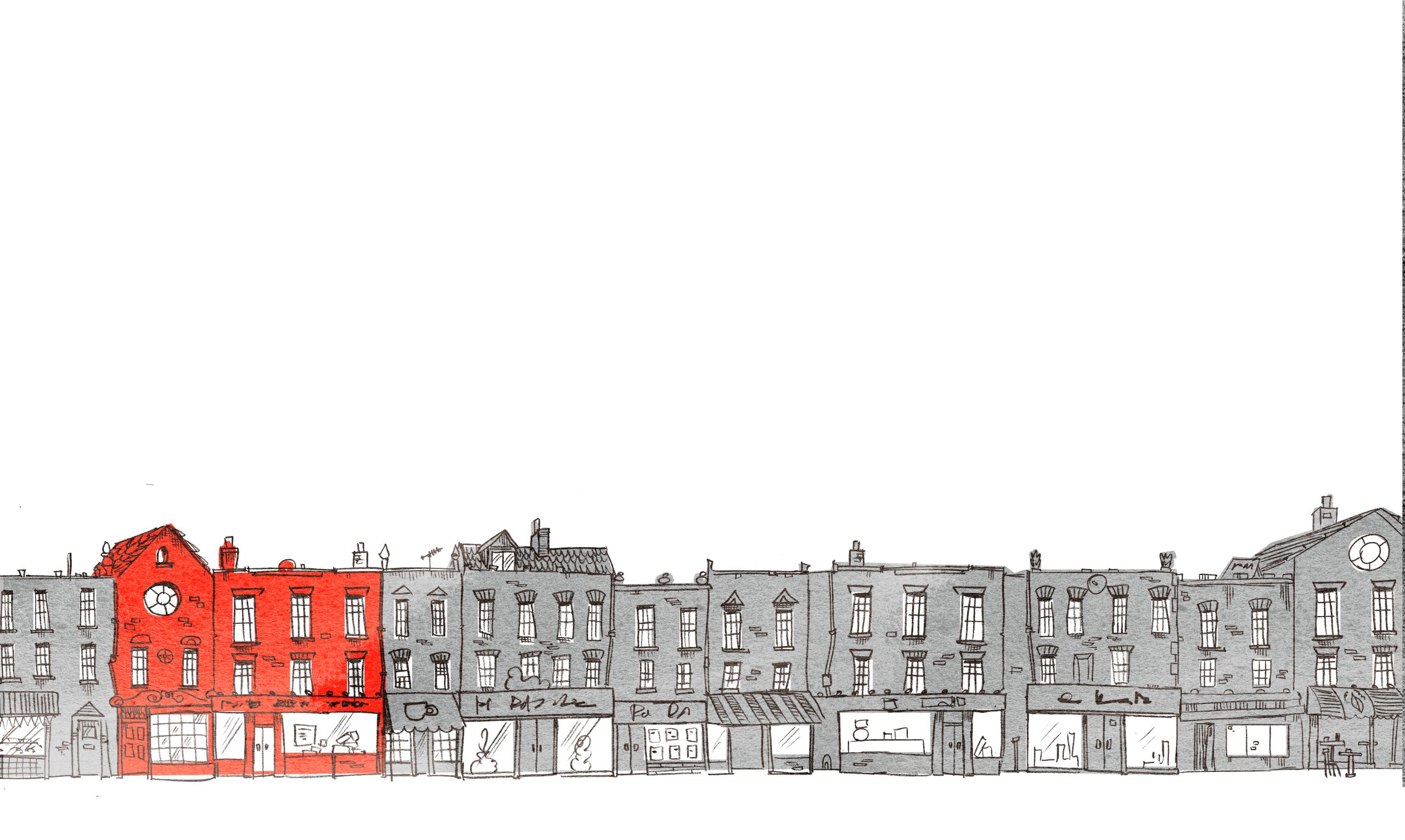
What needs to change?
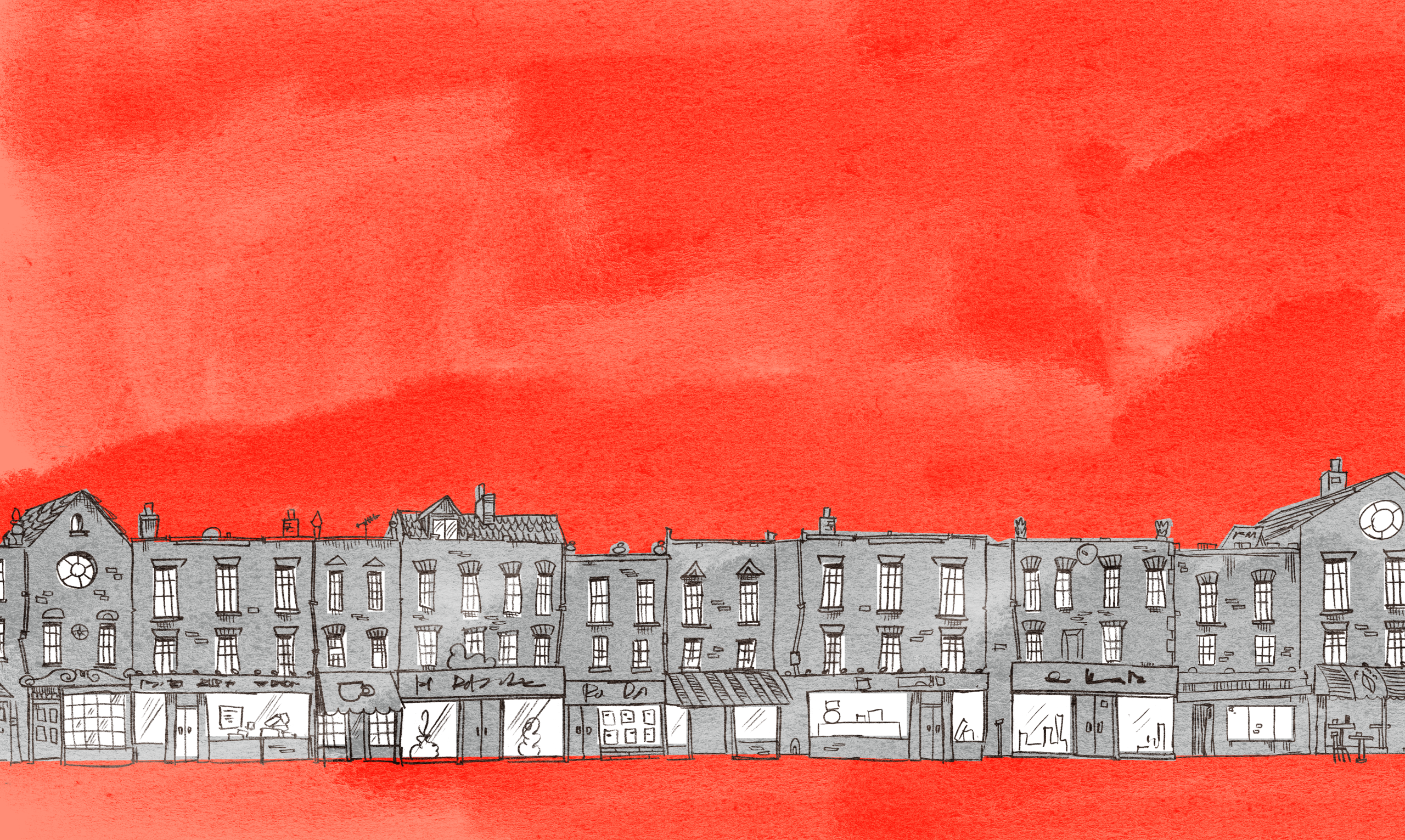
We believe that high streets and town centres can survive, and thrive, by 2030 if they adapt.
Our vision is for activity-based community gathering places where retail is a smaller part of a wider range of uses and activities and where green space, leisure, arts and culture and health and social care services combine with housing to create a space based on social and community interactions. We have made recommendations to the Government on how to combat the issues of a declining high street and ensure its future.
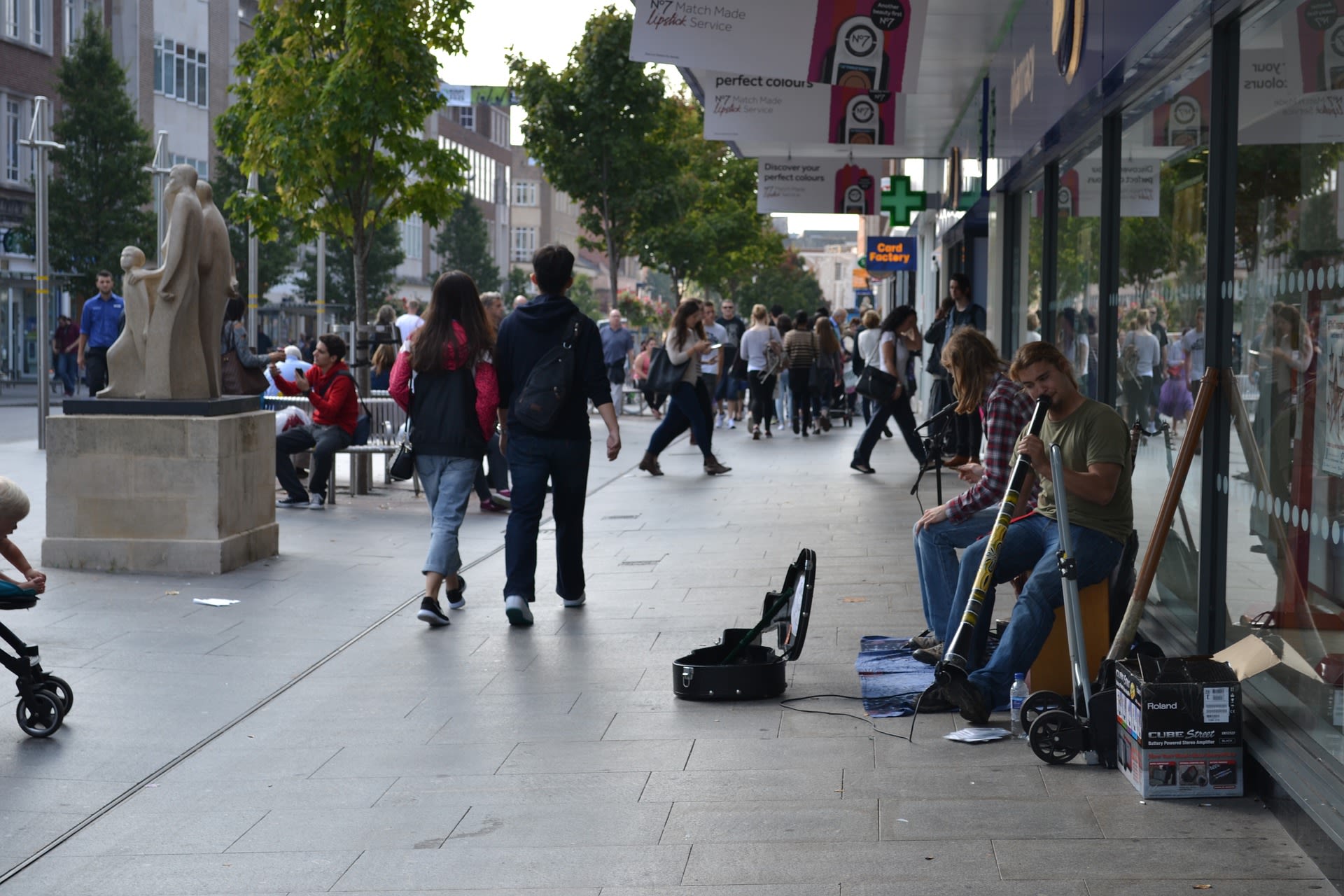
1. Level the playing field between online and high street retailers
The Government should assess the proposals we received in evidence, including a sales tax, an increase in VAT, an online sales tax and ‘green taxes’ on deliveries and packaging.
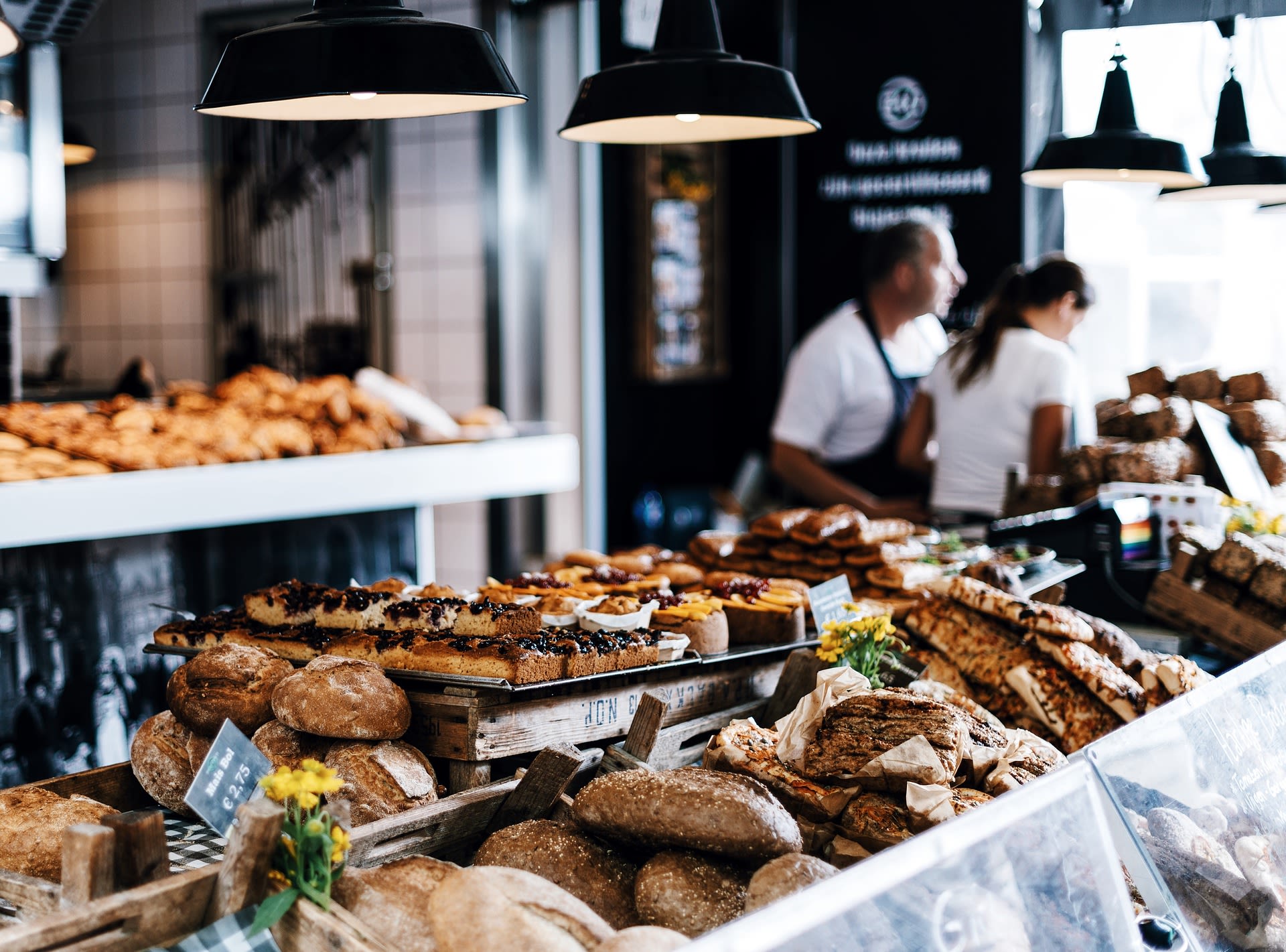
2. Reduce business rates for high street retailers
The money raised from tax reforms should be used to reduce business rates for retailers in high streets and town centres.
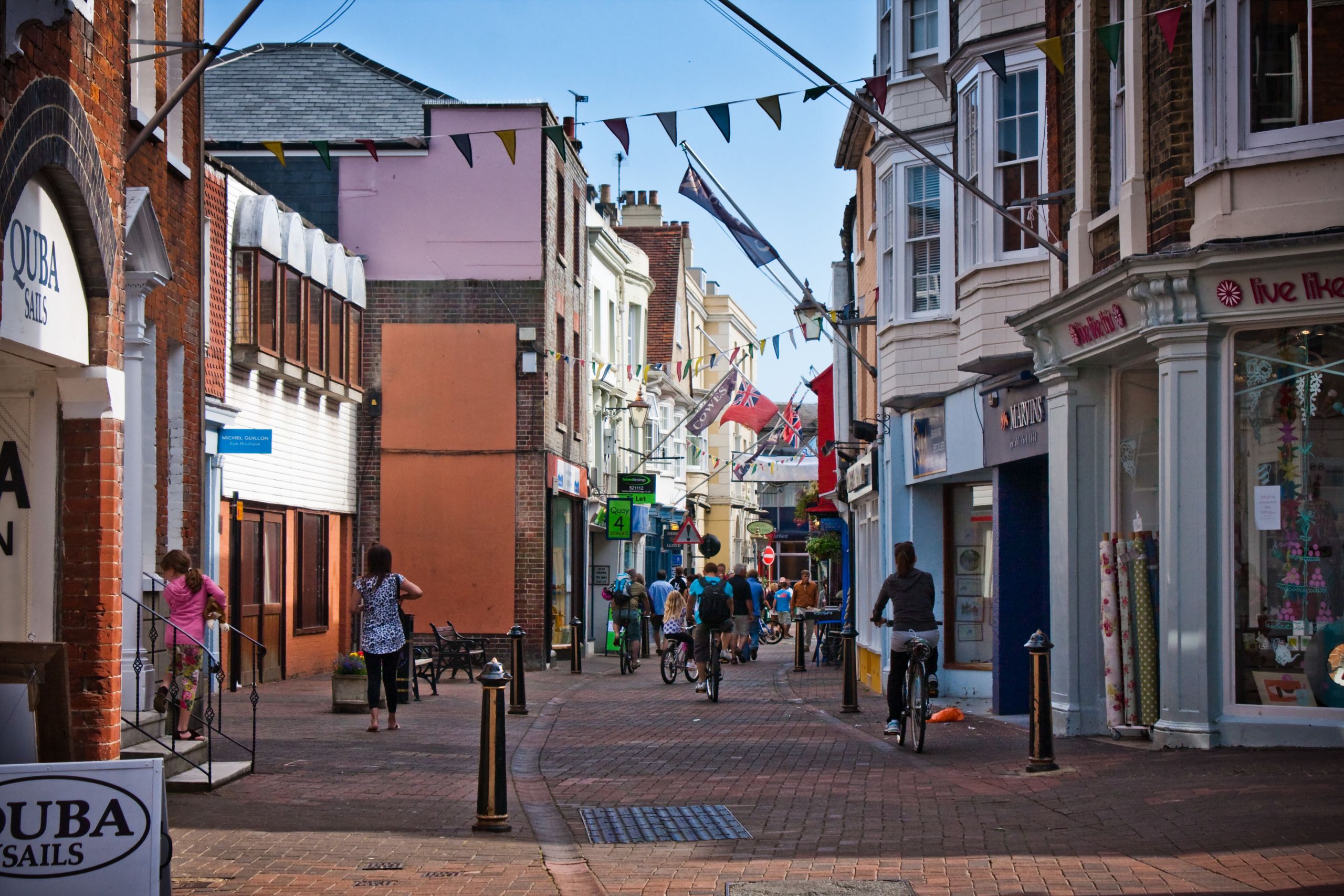
3. Transform high streets and town centres
Achieving the changes we describe above will require action from local councils, using all their powers and support from the local community. Given the financial pressure faced by councils, central government funding will be needed for this, as well as private sector investment.
“We must begin a period of renewal and regeneration, establishing high streets as focal points of our communities comprising green space and health, education and leisure services, as well as a small core of retail. At a local and national level, government must create a framework that allows high streets and town centres to thrive. Local authorities must have the foresight to develop evolving strategies tailored to the needs of their local communities and drive the large-scale transformation needed. Central government must give them the powers, and back them financially, to allow them to put this into practice.”
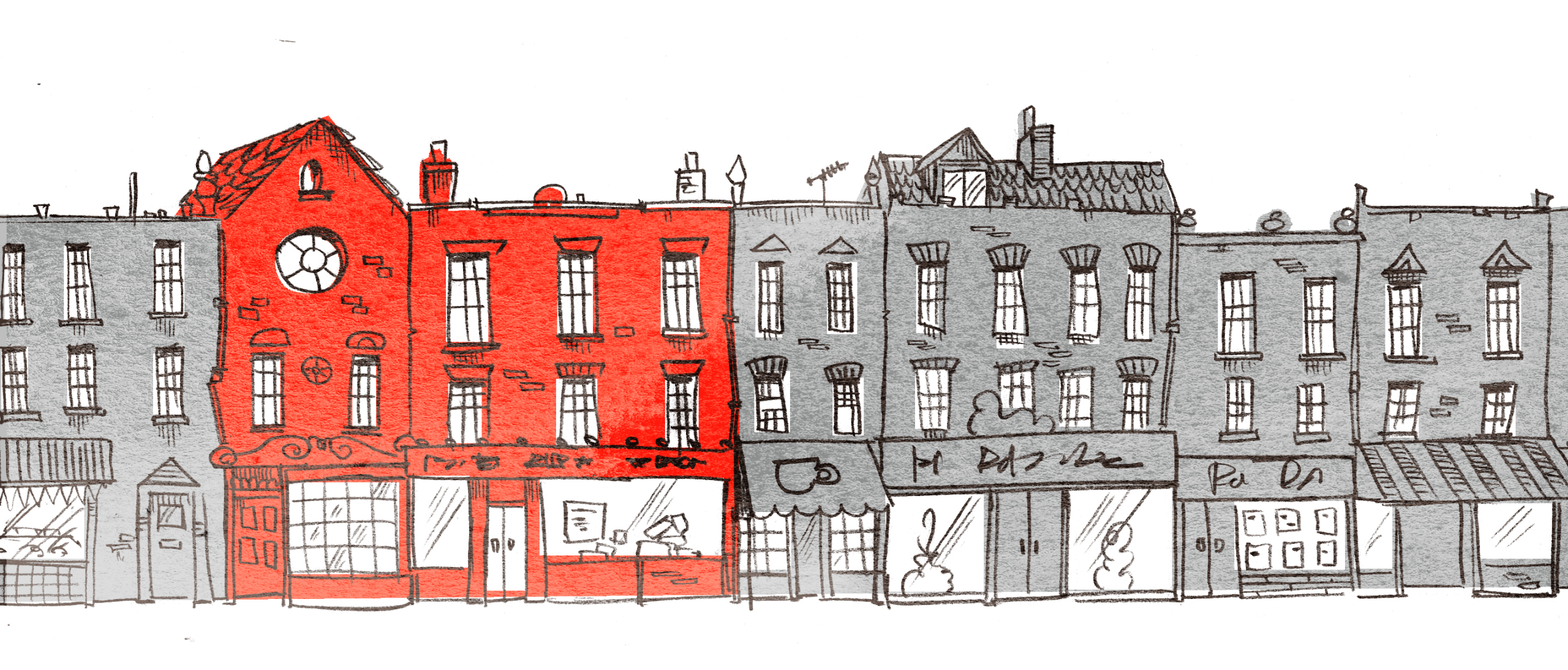
The government must now respond to our report
Our report, Report High streets and town centres in 2030 (PDF), was published on 21st February 2019, and the government has two months to respond to our recommendations.
Detailed information from our inquiry can be found on our website.
If you’re interested in our work, you can find our more on the House of Commons Housing, Communities and Local Government Committee website. You can also follow our work on Twitter.
The Housing, Communities and Local Government Committee is a cross-party committee of MPs that scrutinises government policy.

